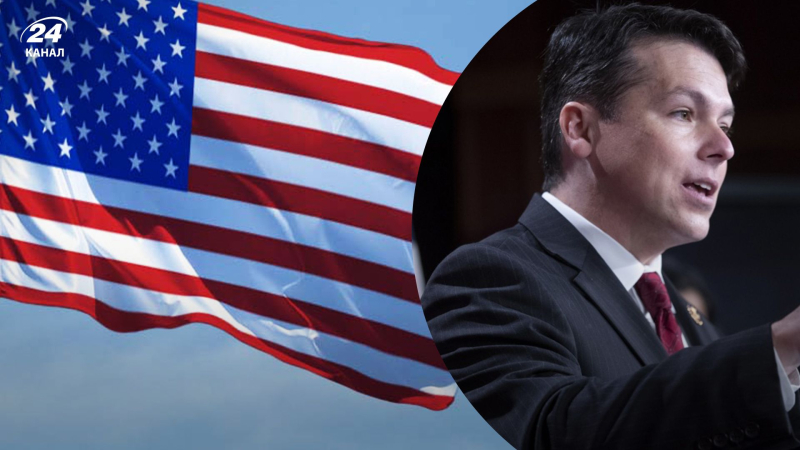Congressman Boyle explained what will happen with the acceptance of aid to Ukraine/Collage 24 Channel Democratic Congressman Brendan Boyle expressed concern about whether Congress would even be able to pass a bill containing aid for Ukraine. This, he said, may be influenced by some Republicans. Boyle emphasized that if the United States refuses to support Ukraine, it will undermine and support for Kyiv by allies in the transatlantic alliance. However, he said, U.S. support is not affected by Ukraine's performance on the battlefield. The Democratic Congressman noted that in the House of Representatives, according to his calculations, two-thirds support aid to Ukraine. However, he noted that this support could be leveled out if House Speaker Mike Johnson does not bring the bill to help our state to a vote. If you're a Republican speaker, you're obviously going to be very concerned that if you bring up a bill that includes any kind of aid to Ukraine, it could be used against you as part of the domestic coup that we've seen in the last couple of months,” he said. At the same time, Boyle noted that, regardless of what exactly happens on the battlefields and whether the counteroffensive objectives were completed or not, the United States will remain committed to supporting Ukraine. According to him, what happens with Republican support is what happens within the party. The congressman explained that there are currently three currents in the Republican Party. The first of them makes up a little more than half – these are those who are committed to the traditional principles of the party’s active foreign policy and are not afraid to express their position. The second, according to Boyle, are the isolationists, actively opposing support for Ukraine. He explained that although they are in the absolute minority, they are “the most heard and their influence is growing.” The latter group, as the congressman noted, includes House Speaker Mike Johnson. These are those Republicans who share the same principles as the first group, but fear that supporting Ukraine could cost them defeat in subsequent internal party elections. However, it is on them that further support for Ukraine depends. The attitude of Republican voters towards Ukraine is influenced by a combination of isolationist sentiments widespread in American society, and anti-Ukrainian statements by former President Donald Trump and TV host Tucker Carlson. “Tucker Carlson is one of them, but he's not the only one. There are others on Fox News and similar outlets who are putting a lot of pressure on Republicans in Congress who are afraid of losing the next party election because of these loud right-wing voices openly campaigning against Ukraine,” Boyle emphasized. According to Congressman Boyle, pressure from Trump and right-wing media is the main obstacle preventing Republican support for funding Ukraine. Through it all, the congressman remains optimistic, drawing on his past experience of seemingly insurmountable negotiations in Congress that ultimately led to breakthroughs.
Congressman said what the impact on aid would be Ukraine
Republicans want to negotiate on aid to Ukraine
Why some Republicans do not support aid to Ukraine: US Congressman explained
82

